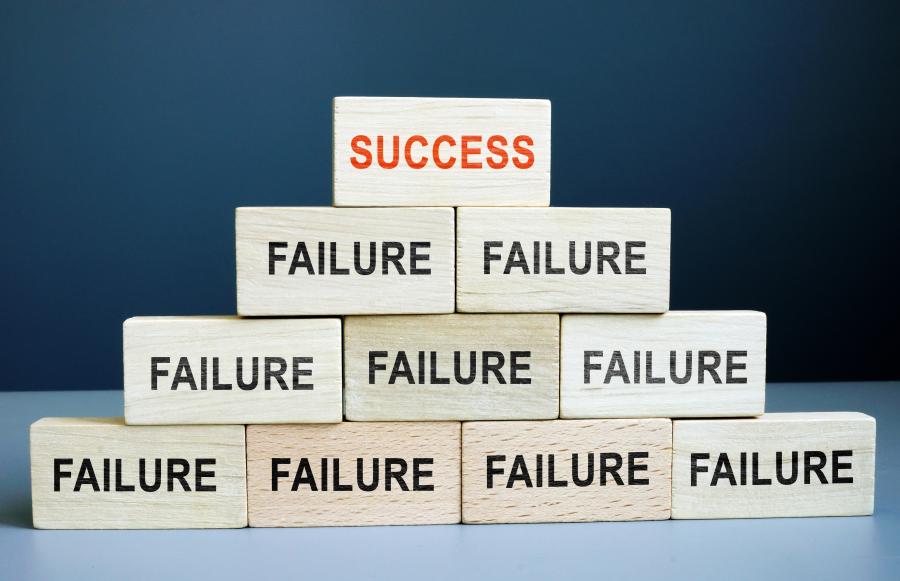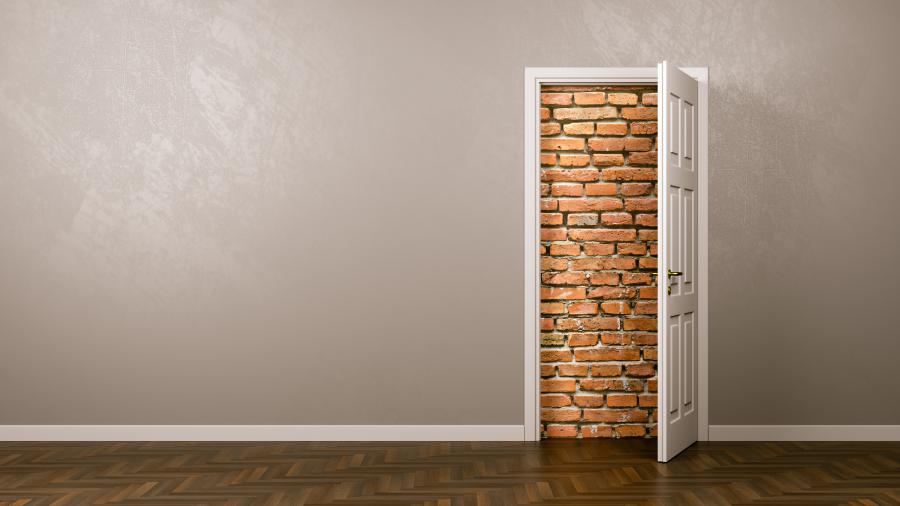News

Research shows students in active learning settings learn more even as they tend to believe that they are learning less and express dissatisfaction with active learning. Lecturing endures in college classrooms in part because students prefer that style of teaching. How can we shift that preference?

A report on research into cold calling as a means to promote overt and covert retrieval, which aids in learning over no in-class retrieval.
"...we showed benefits of asking questions during class and having students covertly retrieve (relative to not asking questions at all). The way we pushed students to retrieve covertly? Cold calling!"

A vintage message from Tomorrow's Professor, a newsletter hosted by Stanford University's Center for Teaching and Learning and produced by Rick Reis from 1988 to 2021. This entry comes from September 2015 and emphasizes helping students develop disciplinary critical thinking.

From the Chronicle Teaching newsletter: Failure is part of life, part of learning, and a routine feature of academic careers. But to students — who’ve been conditioned to focus on their performance — that context can be hard to see. Without it, failure can be isolating and demoralizing.

From the Chronicle Teaching newsletter: Equitable teaching requires instructors to change their assignments and class activities to reckon with structural barriers.

The first day of the semester sets the tone for everything that follows. Make it count.

From student petitions requiring that professors give trigger warnings on course syllabi, to debates about the responsibility of professors in alerting students about upsetting materials, this issue is pressing on educators' minds.